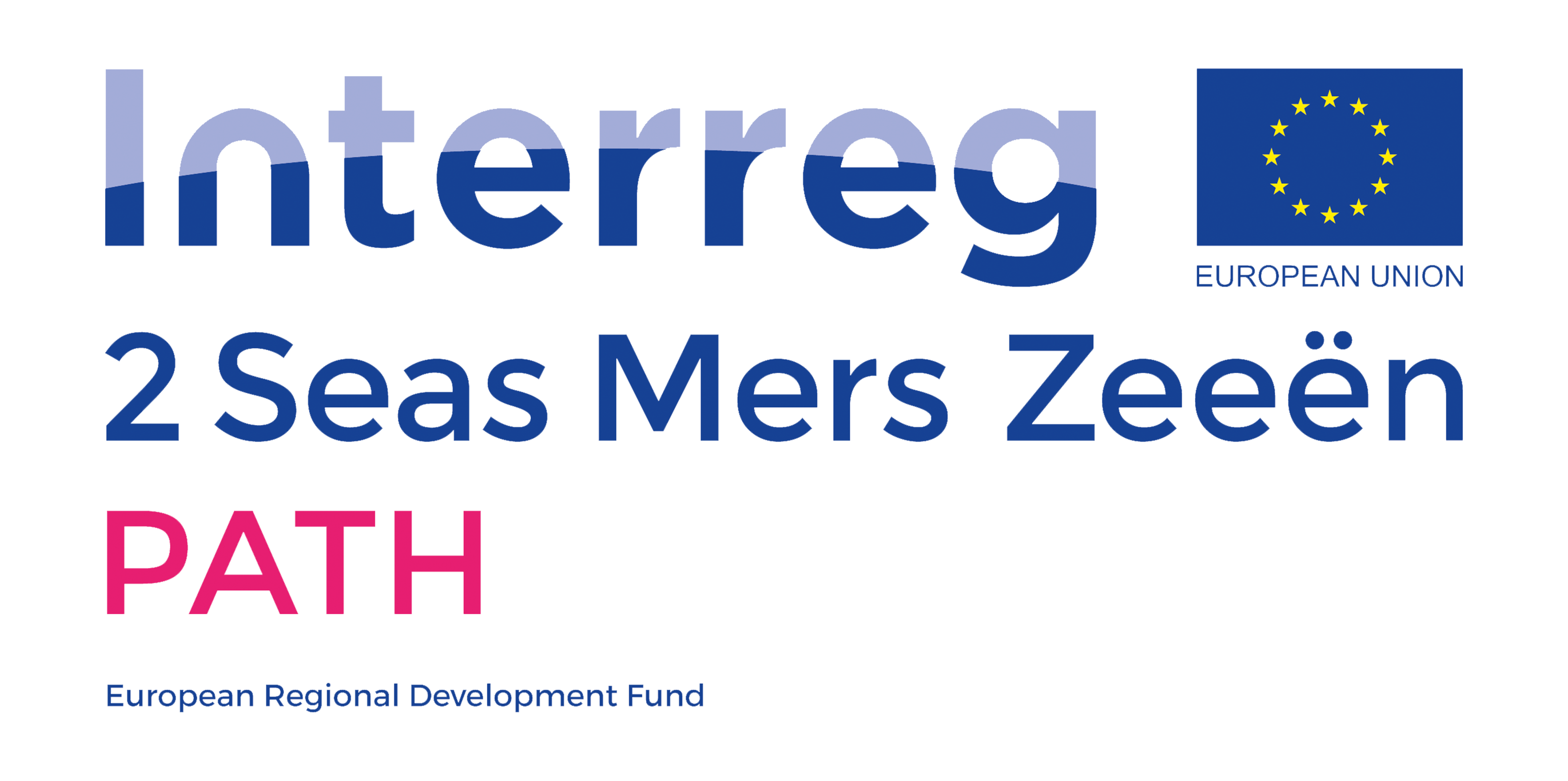Recommendation 5
All managers should receive appropriate training to enable them to undertake regular reviews of employee wellbeing

This should involve consideration of mental and physical health, social, family and environmental circumstances and financial stability.
Individual ‘wellness action plans’ could be introduced as part of employee induction programmes, and then maintained throughout employment, to help identify what individuals need to keep well at work, what causes them to become unwell, and the support they would like to receive from their manager to boost well-being, or provide support through recovery from a mental health problem.
We have developed a specific PATH Wellbeing Plan for new and expectant parents.
‘Wellbeing passports’ could be used to document anything (personal/family circumstances, caregiving responsibilities, religion, workstyle, cognitive preferences, disability/ long-term conditions) that might affect performance at work and provide details of the ‘reasonable adjustments’ to working patterns agreed with the line manager.
Managers must keep in mind that alterations in workplace performance may reflect changes in employee mental state arising from increased external demands on time and energy.
This is particularly relevant for parents during pregnancy and the first postnatal year when they may be more vulnerable to mental health issues.
Line managers should receive training in how to:
